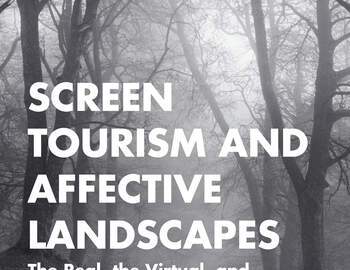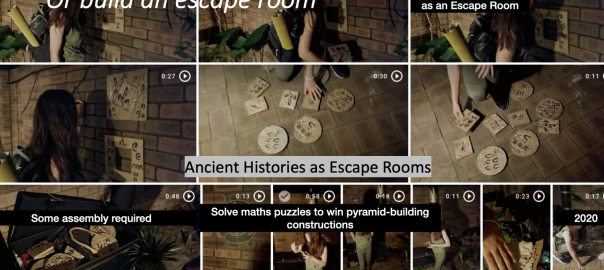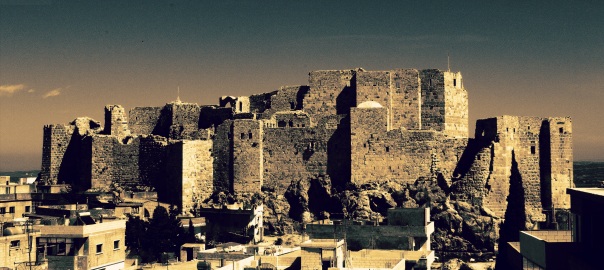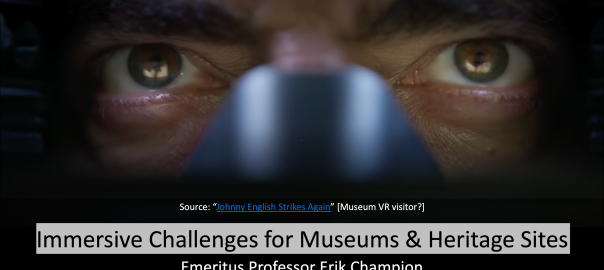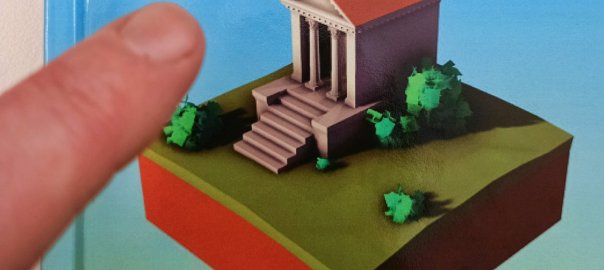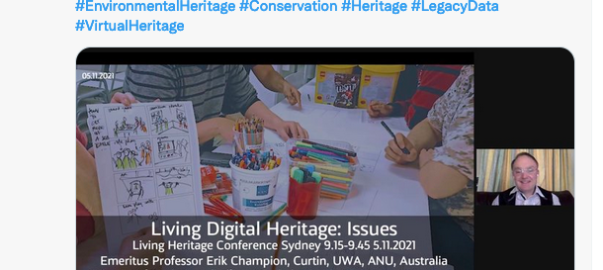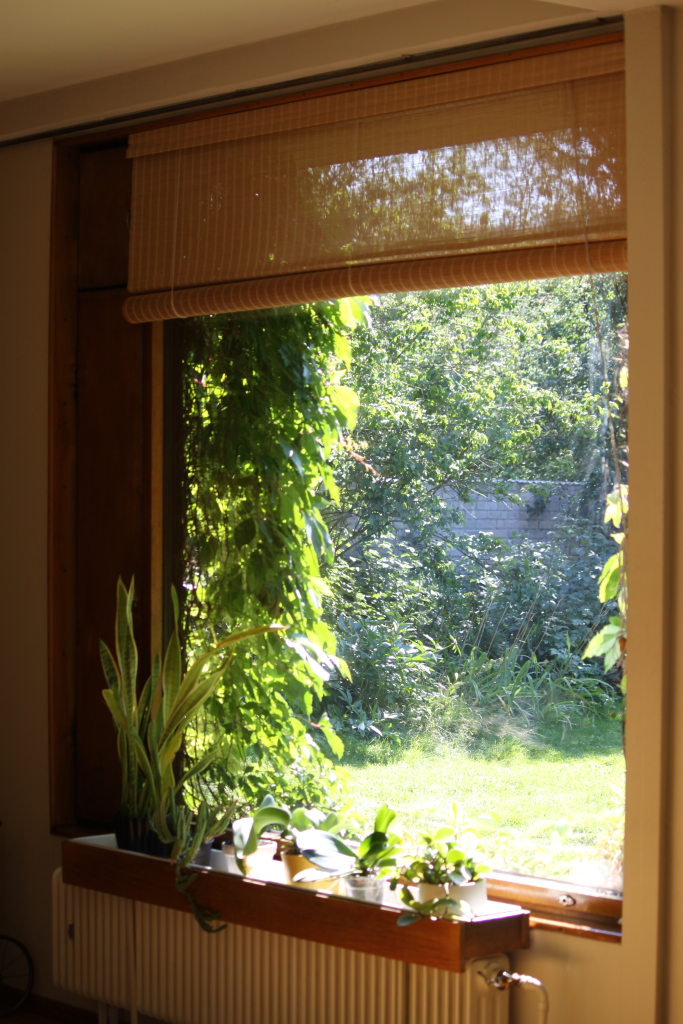Books
Playing with the Past: Into the Future (second edition, ebook out soon)
Screen Tourism and Affective Landscapes: The Real, the Virtual, and the Cinematic-I’m a co-editor but have a chapter on videogame tourism in there somewhere..
Book Chapters
- Champion, E. (2022). Reflective Experiences with Immersive Heritage: A Theoretical Design-Based Framework. In A. Benardou & A. M. Droumpouki (Eds.), Difficult Pasts and Immersive Experiences (pp. 23-40). Routledge. https://doi.org/10.4324/9781003200659
- Champion, E., Nurmikko-Fuller, T., & Grant, K. (2022). Alchemy and Archives, Swords, Spells, and Castles: Medieval-modding Skyrim. In R. Houghton (Ed.), Teaching the Middle Ages through Modern Games (pp. 175-200). De Gruyter Oldenbourg. https://doi.org/doi:10.1515/9783110712032
Working on now/sent
- Champion, E., Stadler, J., Lee, C., & Peaslee, R. (Eds.). (2023: In press). Screen Tourism and Affective Landscapes: the Real, the Virtual, and the Cinematic. Routledge. https://www.routledge.com/Screen-Tourism-and-Affective-Landscapes-The-Real-the-Virtual-and-the/Champion-Lee-Stadler-Peaslee/p/book/9781032355962.
- Champion, E., & Hiriart, J. (2023: In press). Workshopping Board Games for Space Place and Culture. In C. Randl & D. M. Lasansky (Eds.), Playing Place: Board Games, Popular Culture, Space. MIT Press. 08/2023.
- Champion, E. M. (2023: In press). Digital Heritage Ethics. In A. Pantazatos, T. Ireland, J. Schofield, & R. Zhang (Eds.), The Routledge Handbook of Heritage Ethics. Routledge.
- Champion, E., & Emery, S. (2023: Pending). Gamification of Cultural Heritage as a resource for the GLAM sector. In J. Nichols & B. Mehra (Eds.), Data Curation and Information Systems Design from Australasia: Implications for Cataloguing of Indigenous Knowledge in Galleries, Libraries, Archives and Museums. Routledge.
- Champion, E. (2022: In press). Not Quite Virtual: Techné between Text and World. In B. Mauer & A. Salter (Eds.), Reimagining the Humanities. Parlor Press.
Conference paper
- Champion, E., & McCallum, S. (2022, 20-23 November 2022). Game Design Prototyping Workshop: Brainstorming and Designing Collaborative and Creative Game Prototypes with Immersive Surfaces ACM ISS 2022, Wellington, New Zealand. https://dl.acm.org/doi/10.1145/3532104.3571472

